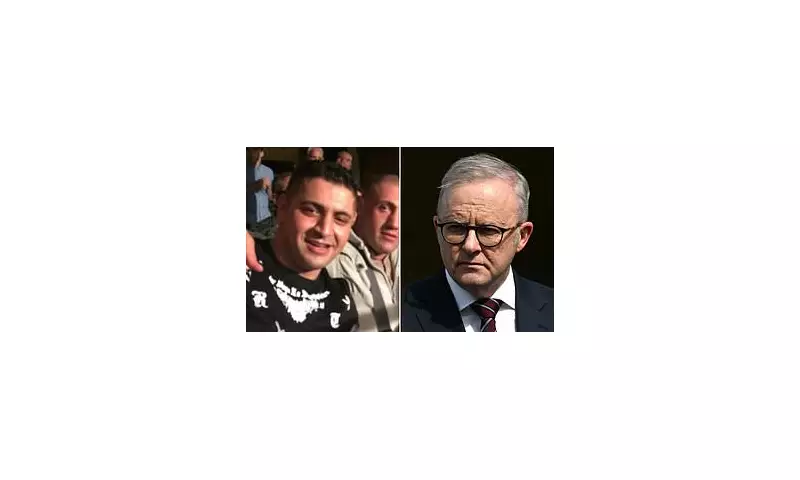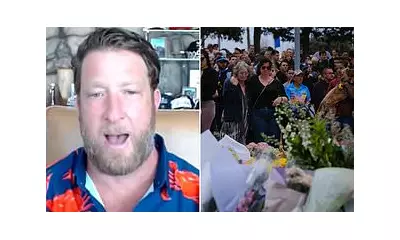
In a dramatic move that underscores the intersection of organised crime and international diplomacy, the Australian government has ordered notorious crime figure Kazem 'Kaz' Hamad to leave the country. The decision comes amid suspicions he was involved in a vicious anti-Semitic attack that has shocked the community.
Hamad, an Iranian-born national with extensive links to Sydney's criminal underworld, finds himself at the centre of a major investigation. The suspected assault, which left a Jewish man with severe facial injuries including a broken nose and eye socket, occurred in the affluent eastern suburbs—an area not typically associated with such brutal violence.
A Violent History Surfaces
This isn't Hamad's first encounter with law enforcement. The crime boss has been previously implicated in Sydney's violent gang wars, including a notorious shooting incident in 2013. His criminal portfolio paints a picture of a man deeply embedded in Australia's organised crime scene, making his continued presence a significant concern for authorities.
International Dimensions
The case takes on complex international overtones as Hamad maintains his Iranian citizenship despite decades in Australia. Security experts suggest his forced return could create diplomatic friction between Canberra and Tehran, particularly given Iran's stance toward citizens who have built lives abroad.
Community Reaction and Security Concerns
Jewish community leaders have expressed both relief and ongoing concern. While applauding the government's swift action, they emphasize that the attack represents a disturbing trend of anti-Semitic violence that requires continued vigilance and robust law enforcement response.
The Home Affairs department's decision to cancel Hamad's visa demonstrates Australia's hardening stance against both organised crime and hate-based violence. As investigations continue, many await to see how this high-profile case will influence both domestic security policy and international relations moving forward.





